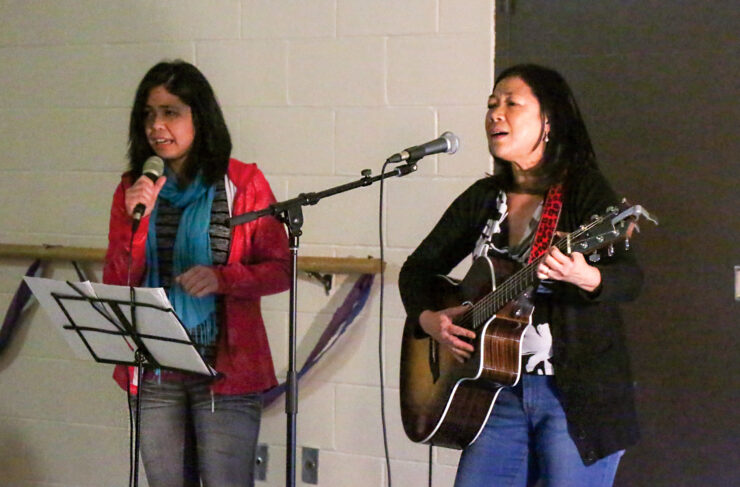Candidates’ French responses found lacking leading up to election
The Student Federation of the University of Ottawa (SFUO) hosted two debates last week ahead of this week’s general election, however concerns of candidates’ bilingualism arose after some struggled to respond to questions in French.
Prior to being selected as a candidate, all applicants are required to pass language tests in both English and French, which are administered by the Official Languages and Bilingualism Institute (OLBI) of the university.
Erin Callary, chief electoral officer for SFUO elections, said bilingualism testing is administered by the OLBI, and that she was unable to comment on the issue. The OLBI reports candidates’ testing results simply as pass or fail and does not report actual marks.
Amelia Hope, head of languages testing services at the OLBI, said she could not comment on any of the possible candidates testing results, as those were confidential with the SFUO.
All candidate positions have the same requirements for testing with one exception says Hope. These include listening, speaking and reading tests. The only position with different testing regulations is the position of vice-president of services and communications, where there is an additional written test.
Hope said the oral test is a semi-scripted interview, lasting about 20 minutes, which is recorded and assessed by two separate examiners. The SFUO constitution requires a score of four out of possible five on the oral test, with five being “competent”.
Potential candidates are often ruled out because of a lack of proficiency in French.
In the February 2015 SFUO elections, the two candidates running for vice-president of services and communications did not pass the bilingualism test, leaving the positions vacant. Hope said no changes to the language assessment were made in relation to this issue or any others, and that it was not the OLBI’s responsibility to do so.
Roméo Ahimakin, vice-president of services and communications at the SFUO, declined to comment as he felt it would be a conflict of interest to comment on the issue of other candidates during the debate as he is currently running for president.
He did comment on bilingualism as a whole within the SFUO, as he completes his term as vice-president of services and communications.
“Definitely bilingualism in general is something that we’re pushing for, not just for the Francophone community on campus, which has mentioned many times they feel like they’re disadvantaged in a certain way,” he said.
Ahimakin said that they are constantly working to improve bilingualism in the SFUO but acknowledged it’s an ongoing process.
Ahimakin said there is still work to be done to make sure both languages are treated totally equally at SFUO events.
As for possible repercussions from the candidate debate, Hope said there would be none from the OLBI.
“We would not re-test or there would be no repercussions on our side. That would have to be the SFUO that comes back to us and say something’s wonky with this,” said Hope.





